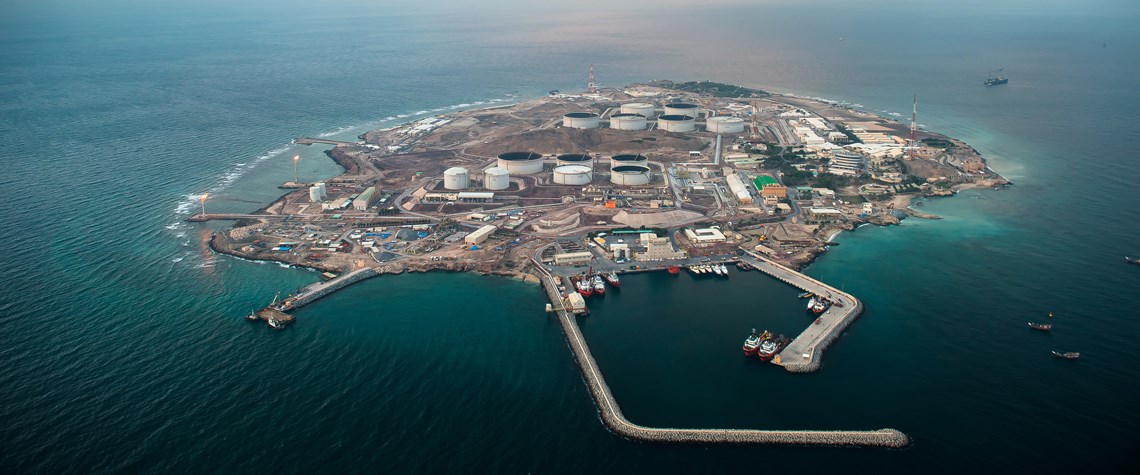Gulf gas: clouds of confusion
Individual GCC states have settled on convoluted ways of distributing natural gas due to a lack of cooperation
The states bordering the Gulf are caught in a cat's cradle of geopolitical complexity. This is as much the case within the Gulf Cooperation Council (GCC) as it is between certain GCC states and Iran. The muddle is clearly illustrated by the minimal progress among the region's governments towards coordinating the development of natural gas resources and gas distribution. At the launch of The Future of Gas in the Gulf in London at the end of June, editor Jonathan Stern said political relations are a problem: "They have worsened in the 2010s, and this accounts for increased interest in LNG imports rather than the expansion of regional pipeline cooperation." At the same time, according to Ster

Also in this section
18 February 2026
With Texas LNG approaching financial close, Alaska LNG advancing towards a phased buildout and Magnolia LNG positioned for future optionality, Glenfarne CEO Brendan Duval says the coming year will demonstrate how the company’s more focused, owner-operator approach is reshaping LNG infrastructure development in the North America
18 February 2026
The global gas industry is no longer on the backfoot, hesitantly justifying the value of its product, but has greater confidence in gas remaining a core part of the global energy mix for decades
18 February 2026
With marketable supply unlikely to grow significantly and limited scope for pipeline imports, Brazil is expected to continue relying on LNG to cover supply shortfalls, Ieda Gomes, senior adviser of Brazilian thinktank FGV Energia,
tells Petroleum Economist
17 February 2026
The 25th WPC Energy Congress, taking place in Riyadh, Saudi Arabia from 26–30 April 2026, will bring together leaders from the political, industrial, financial and technology sectors under the unifying theme “Pathways to an Energy Future for All”







